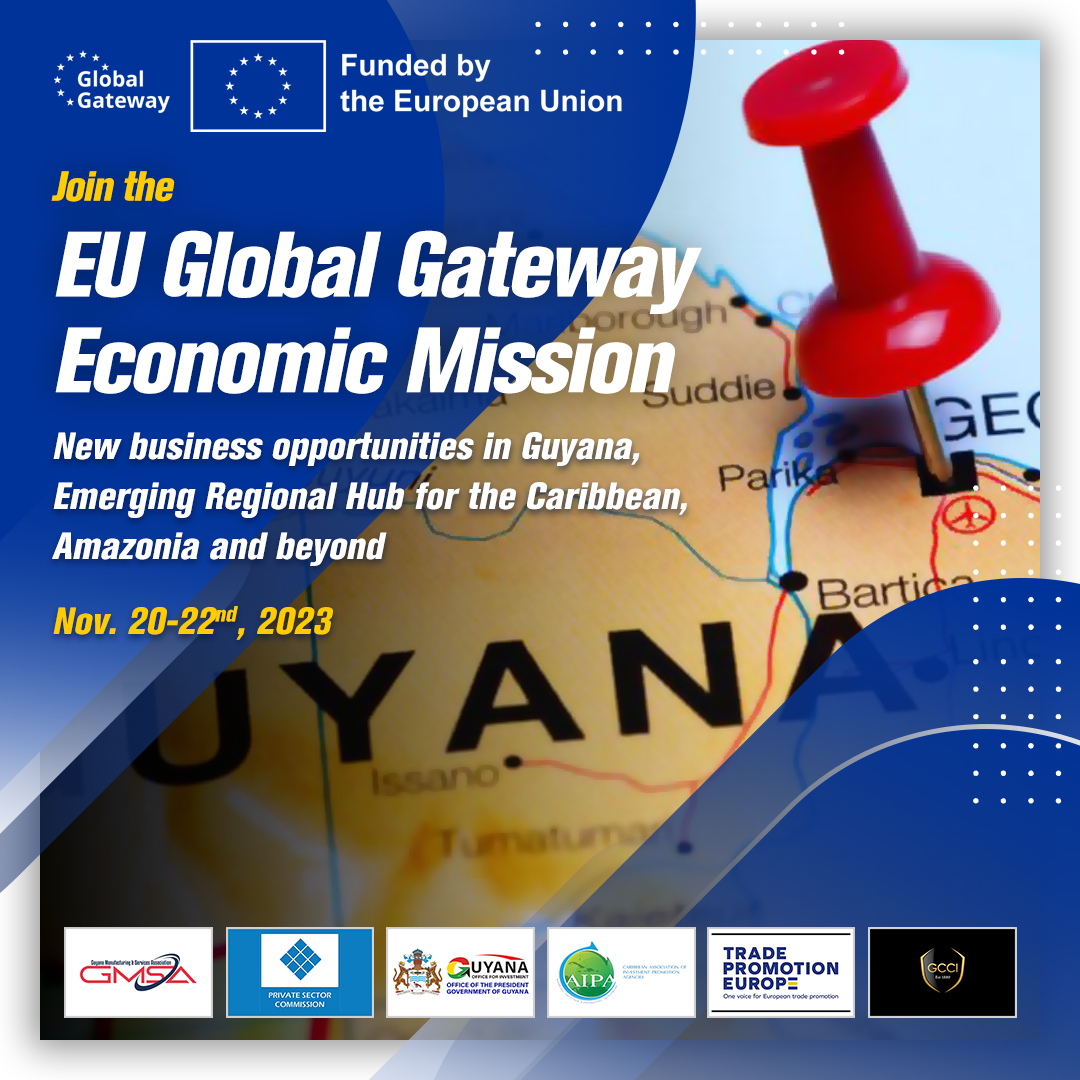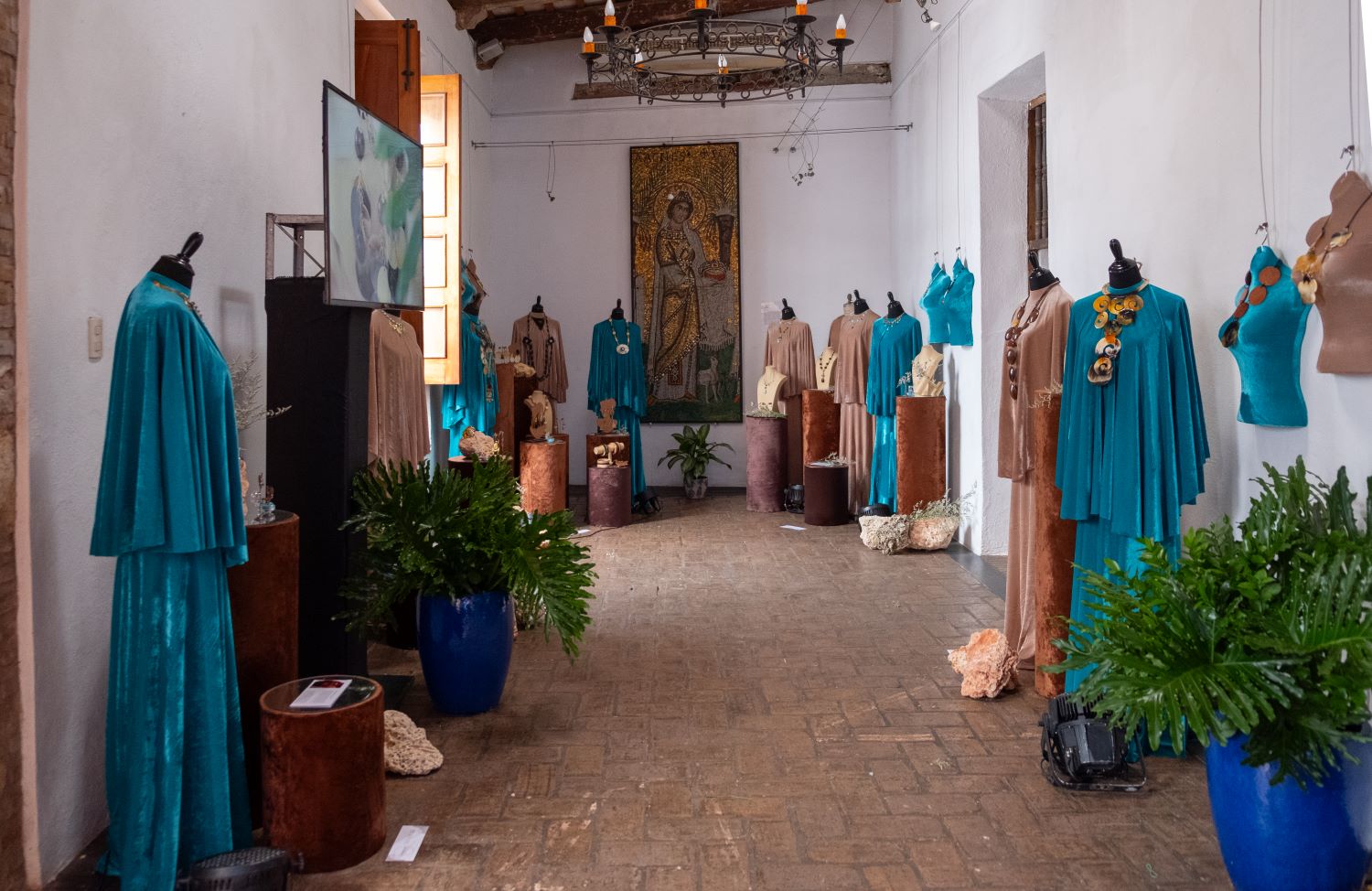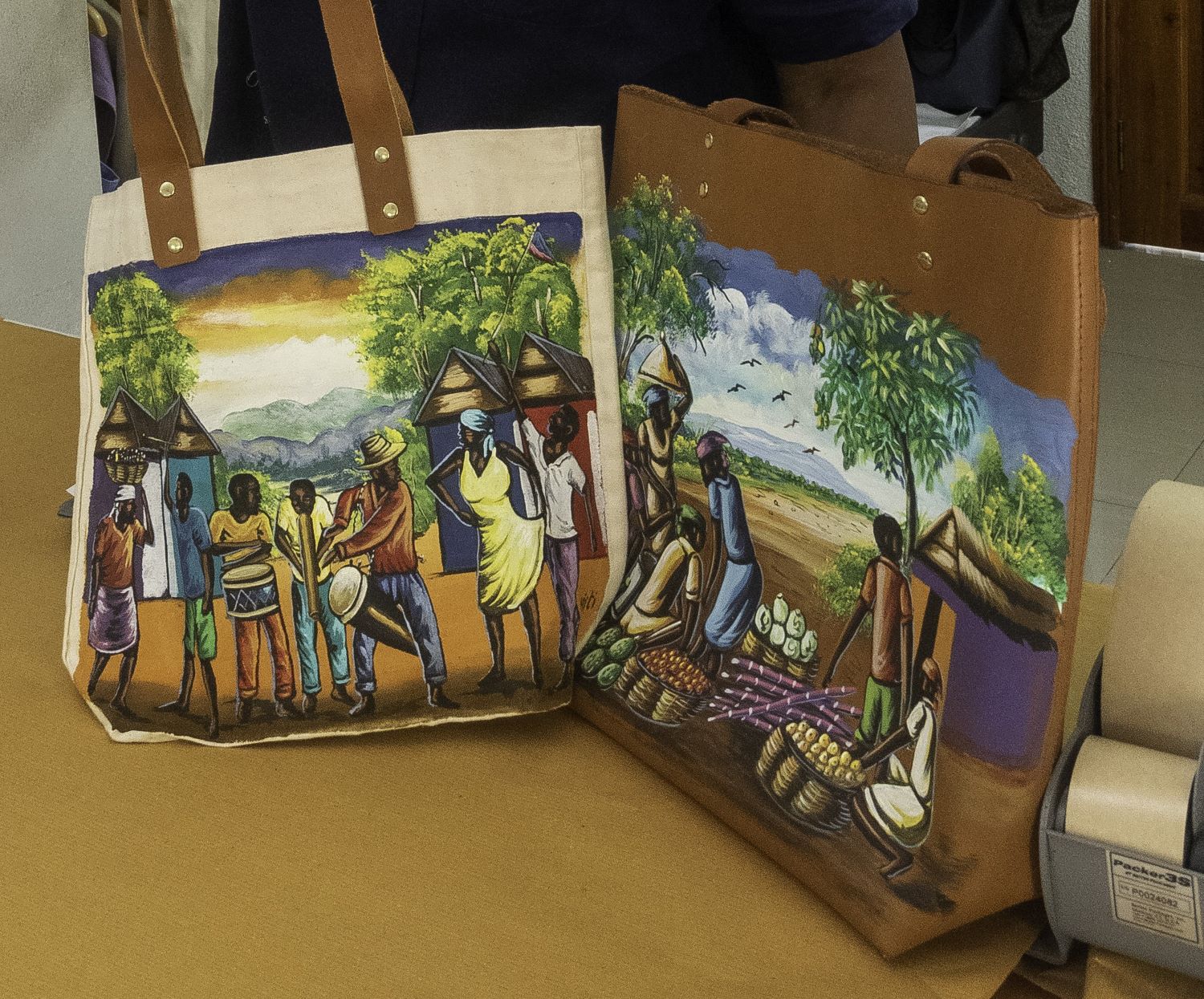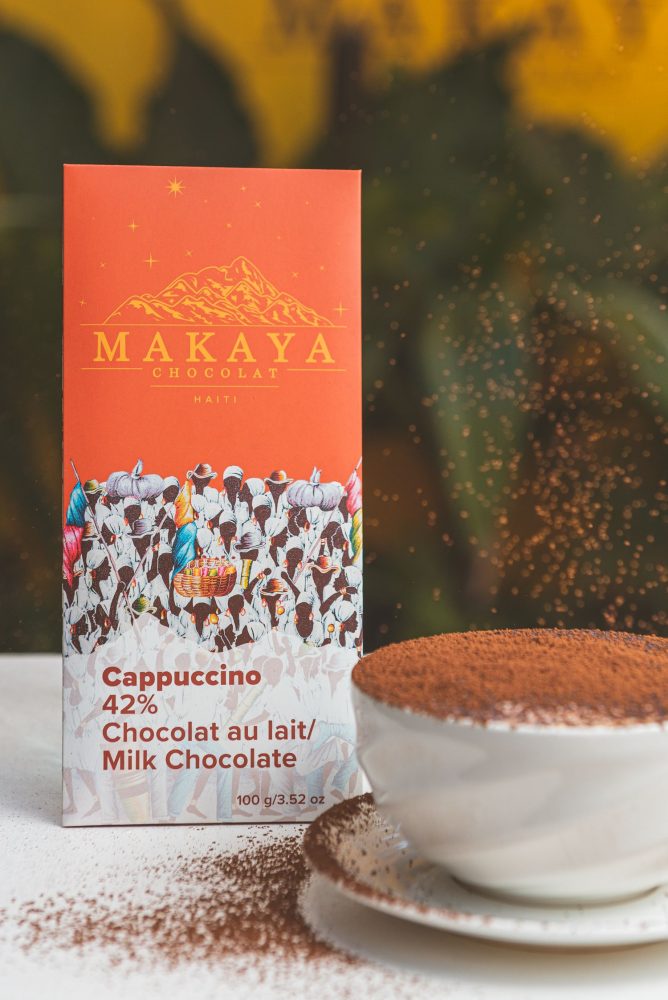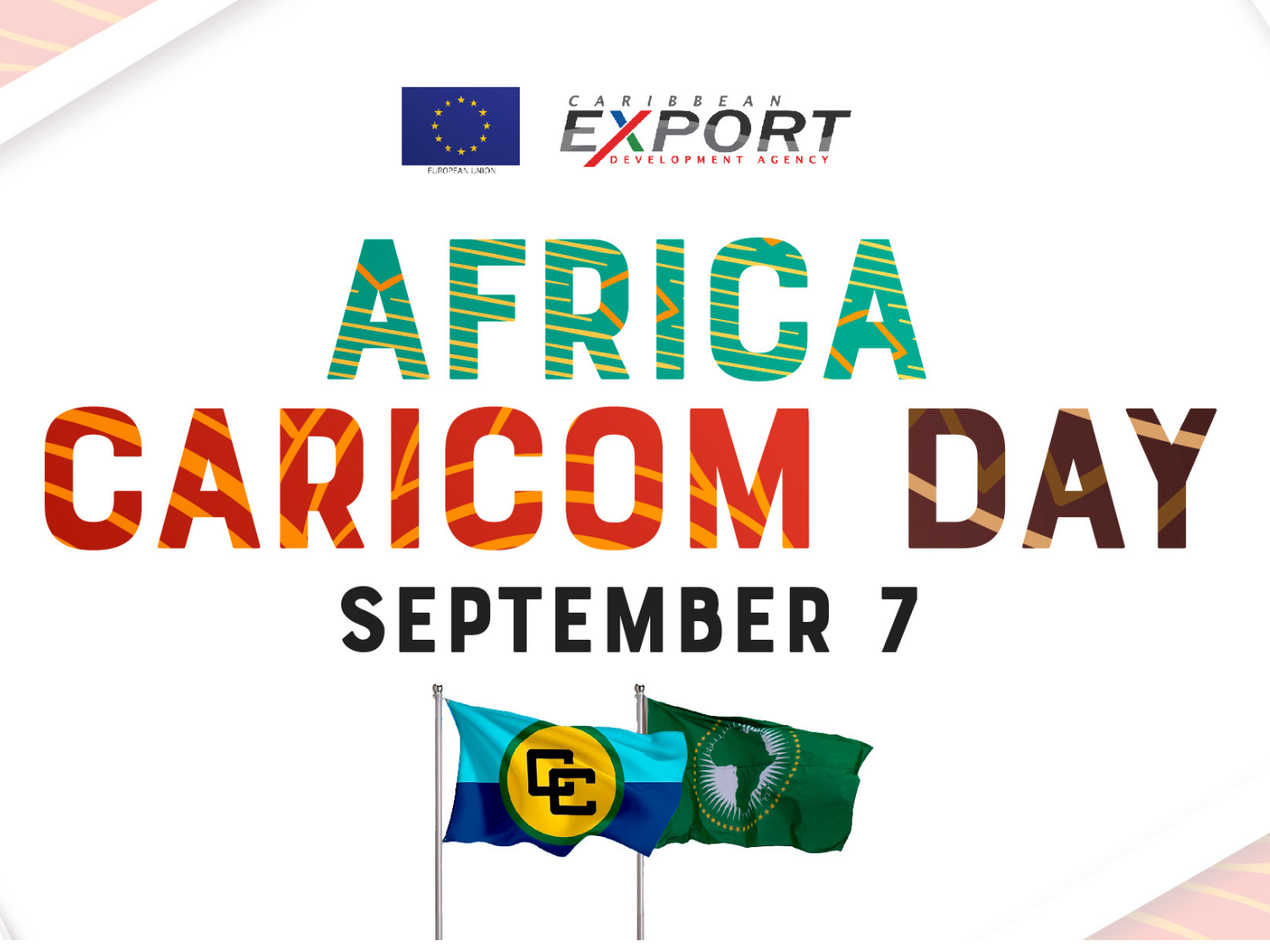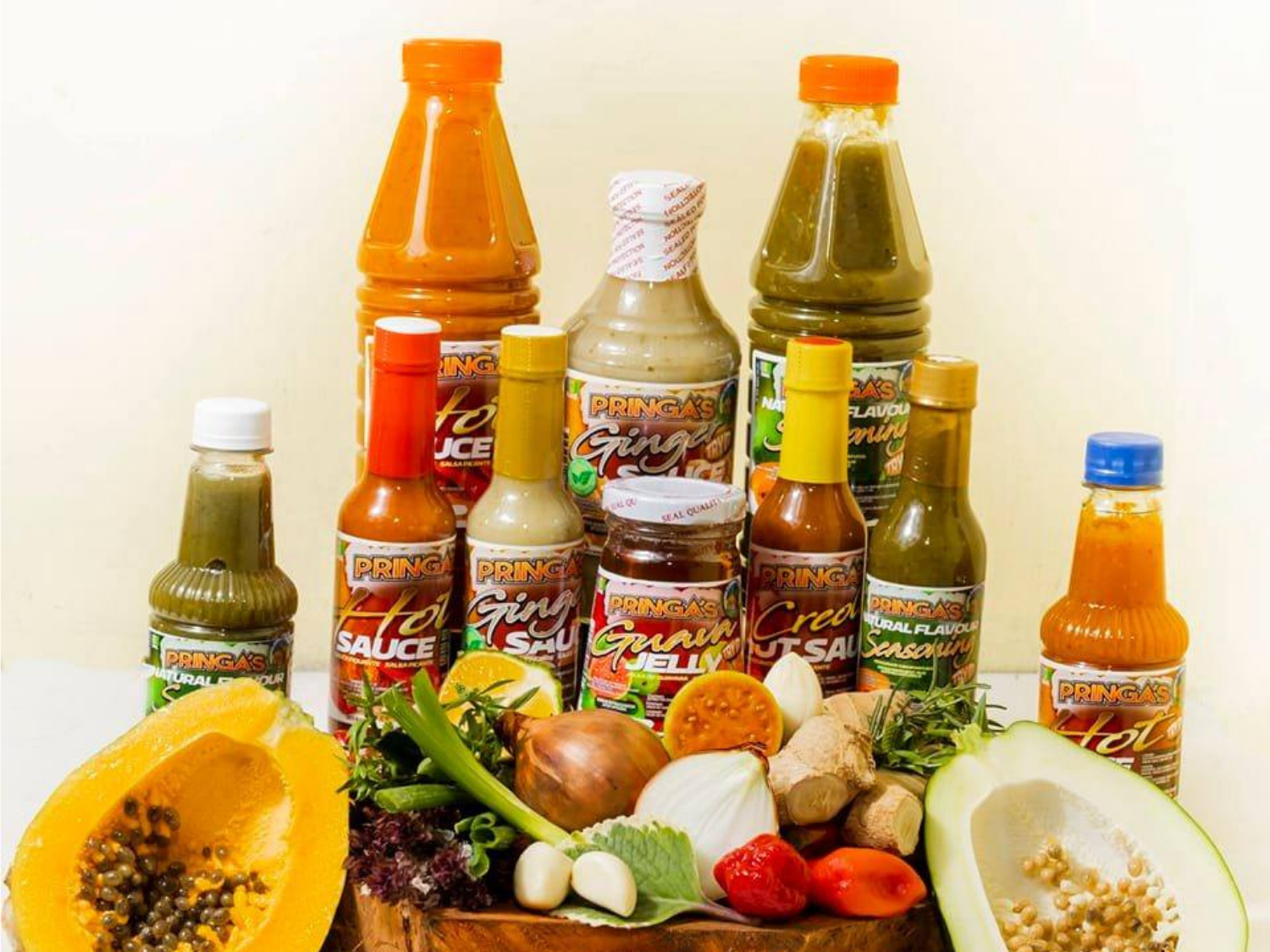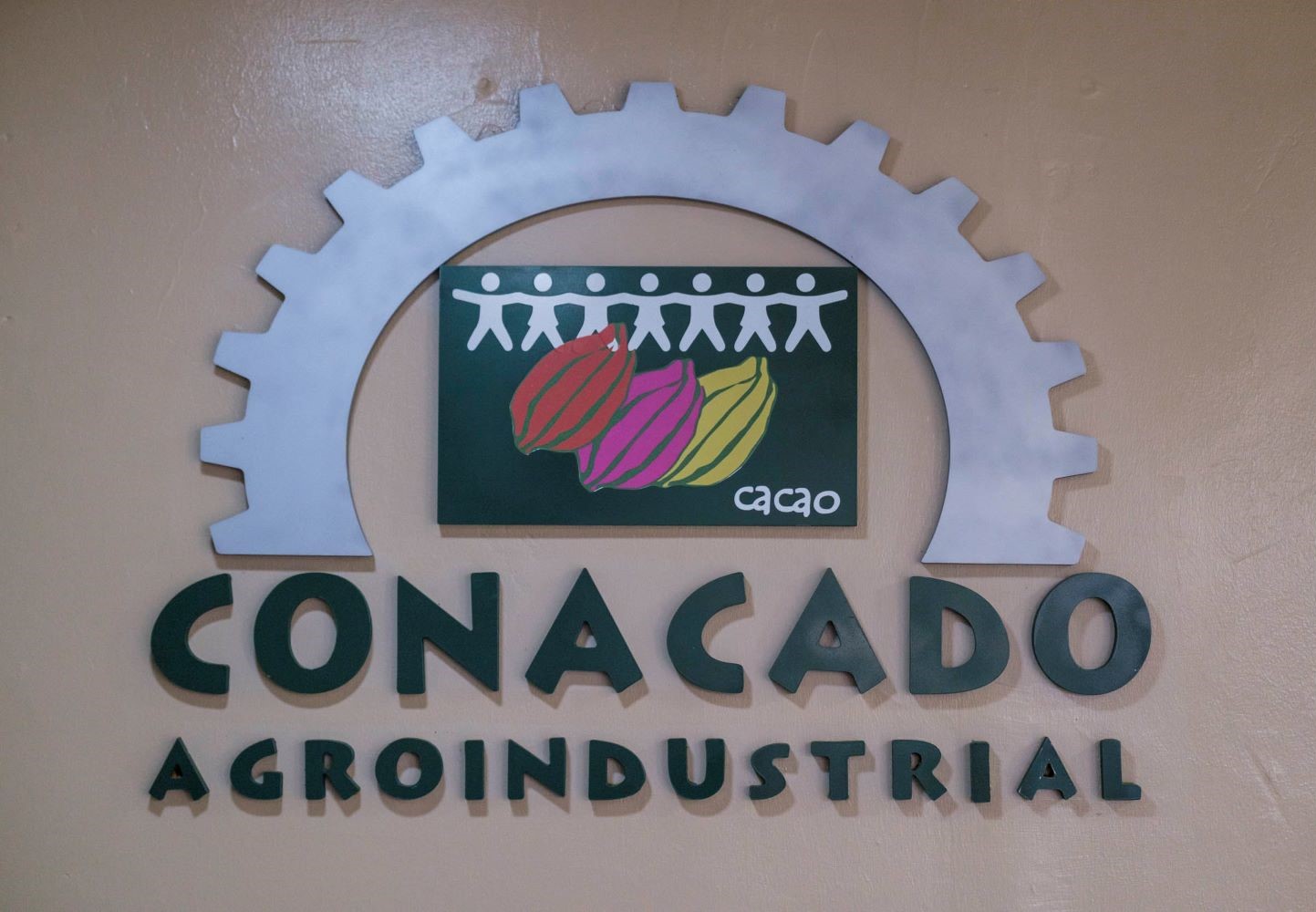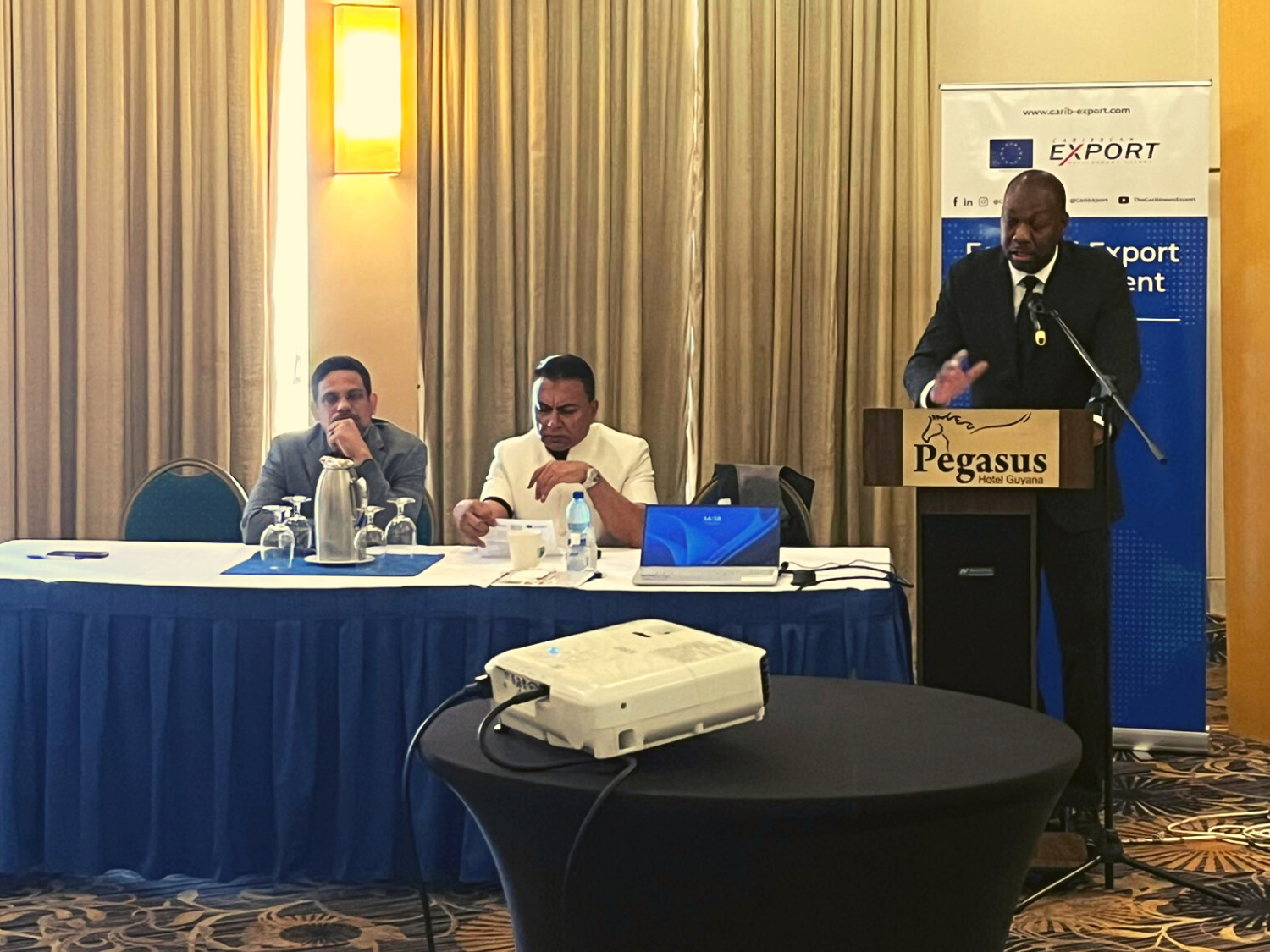Standardization is a key element in supporting innovation and conveying knowledge. Over the last ten years, cooperation between Haiti and the Dominican Republic on standards has developed and intensified through a partnership supported by the bi-national cooperation program.
Improving the quality of goods produced in both countries, promoting and formalizing trade and consolidating institutional cooperation between Haiti and the Dominican Republic are the main thrusts of the bi-national cooperation program between the two countries, whose “trade and private sector component” is being implemented by the Caribbean Export Development Agency, Caribbean Export, with support from the European Union. The partnership between the Bureau Haïtien de Normalisation, BHN, and INDOCAL, the Dominican standards bureau, is a concrete expression of these three objectives.
BHN guarantees standards in Haiti
Created in 2012, the Bureau Haïtien de Normalisation (BHN) is under the supervision of the Ministry of Commerce and Industry. Its mission is to develop, certify and publish standards for all fields: products, services or organizations. It is also responsible for distributing documentation relating to standards (guides and procedures), marks of conformity and quality labels. The BHN is also the organization that enables certification, and above all, it is the sole guarantor of metrology, i.e. the scientific guarantee of measurements: this enables any buyer to be assured that when he buys a liter or a gallon, there really is a liter or a gallon of product.
A specialist in agro-industry, Monorde CIVIL joined the BHN at its inception and has been its director since 2020. ” As early as 2013, cooperation and collaboration between the two neighboring countries, Haiti and the Dominican Republic, was supported and promoted by the European Union’s 10th EDF,” he explains, citing the first collaboration protocol signed between BHN and Indocal. For him, this bi-national collaboration on standards is essential, as it is the cornerstone of trust between the two countries, and more broadly at the international level, where the BHN represents Haiti.
Successful partnership between BHN and INDOCAL
As of 2013/2014, Caribbean Export, which is in charge of this aspect of binational cooperation, is inviting entities from the two neighboring countries to create quality infrastructures and work together. BHN and Indocal take part in quality events, exchange information and know-how, and take part in training courses together. Technicians from the two offices train together, particularly in metrology, especially for mass and volume. ” Our missions are the same, but our challenges are different ! Indocal has been around longer and has more experience, but above all it has a law that creates the Dominican standardization and quality system,” explains Mr. Civil, who regrets that Haiti has not yet been able to pass the law prepared by the BHN.
The BHN and Indocal have been cultivating a fruitful collaboration for some ten years now, which has intensified with the bi-national cooperation program. The two institutions took a closer look at the three value chains supported by Caribbean Export under this program: cocoa and chocolate, essential oils and handicrafts. The security situation in Haiti has unfortunately reduced the scope for action, but through this highly technical collaboration, the two institutions have made enormous progress in establishing quality standards, particularly in the cocoa and chocolate sectors.
A bi-national standard for chocolate
“For there to be a standard, all the stakeholders have to come together in a technical committee and agree by referring to an international standard. “explains the BHN director. Indocal therefore set up a technical committee and organized bi-national meetings with the BHN. Both countries referred to the Codex alimentarius standard, which all countries use for the food sector. As a result, the chocolate standard has been published by the Dominican Republic, and as soon as it has been translated into French, the Bureau Haïtien de Normalisation will approve it for Haiti too. This standard guarantees the quality specifications for the product in question, and as the two institutions have signed a cooperation agreement, this will open up access for a “chocolate” product to standards in the other country, and vice-versa.
A common language : metrology
Despite the Covid 19 pandemic and the upheavals in Haiti that have slowed it down, the bi-national partnership between BHN and Indocal has gone from strength to strength. From an exchange platform, cooperation has moved on to training courses, notably on the certification system for both countries. In the field of metrology, technicians from both countries, who attend training courses all over the region, also worked in pairs on highly specialized courses in the Dominican Republic. ” The technicians in both countries are highly trained and work in the same way. Even if English and Spanish have to be combined for training courses, their common language is definitely metrology. Exchanging skills and know-how is a win-win situation “Mr. Civil is pleased to report that, following the training course, a department was set up to check propane kiosks in Haiti.
A website under construction for BHN
Thanks to the bi-national program, BHN will soon be able to set up its own website. ” This portal is essential for raising awareness and communicating about the institution’s work, and for connecting the BHN and its users. Standards concern all aspects of life. There are standards for products and services, but also for adaptation to climate change, environmental standards, and so on. Our work is very cross-functional, and every time a standard is approved, it is published on the “He is delighted to see this site project, undertaken and supported by Caribbean Export in 2022 and 2023, moving forward. From now on, all the standards currently available at the BHN will be accessible and can be obtained, for a fee, by interested parties in Haiti, to produce or serve in compliance with national, binational and, in some cases, international standards. We will also be publishing information on training courses available to young people, as well as public surveys. A major step forward for BHN and for national and bi-national standardization.

